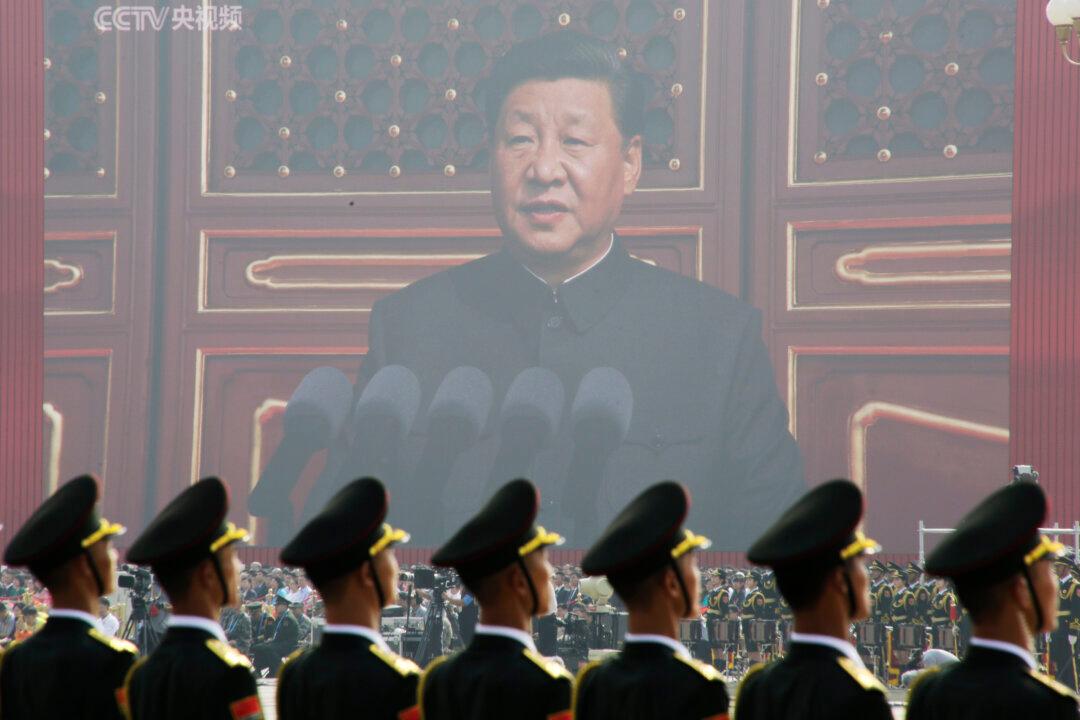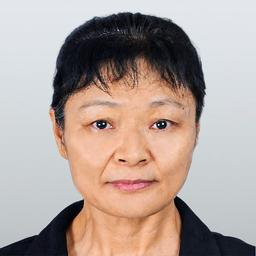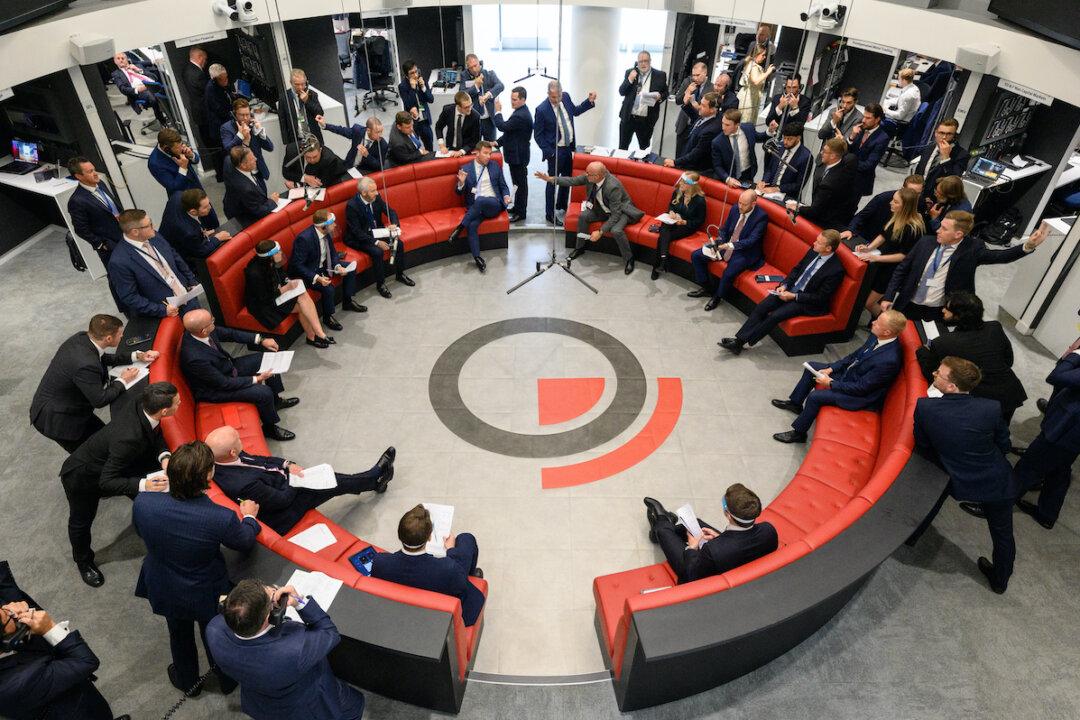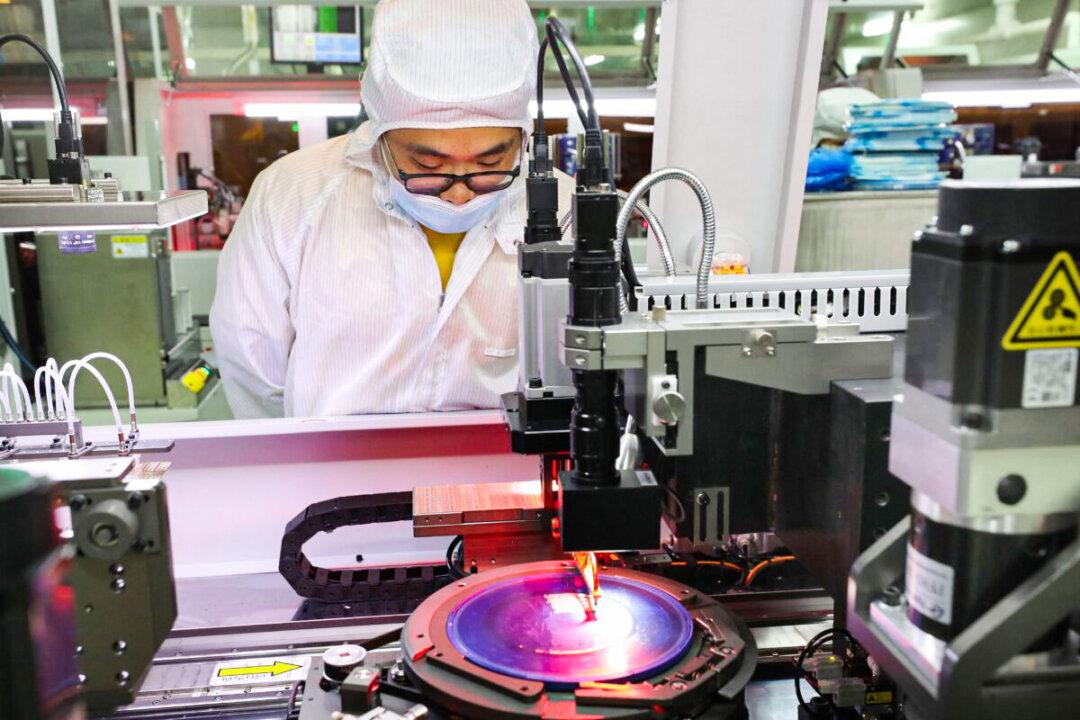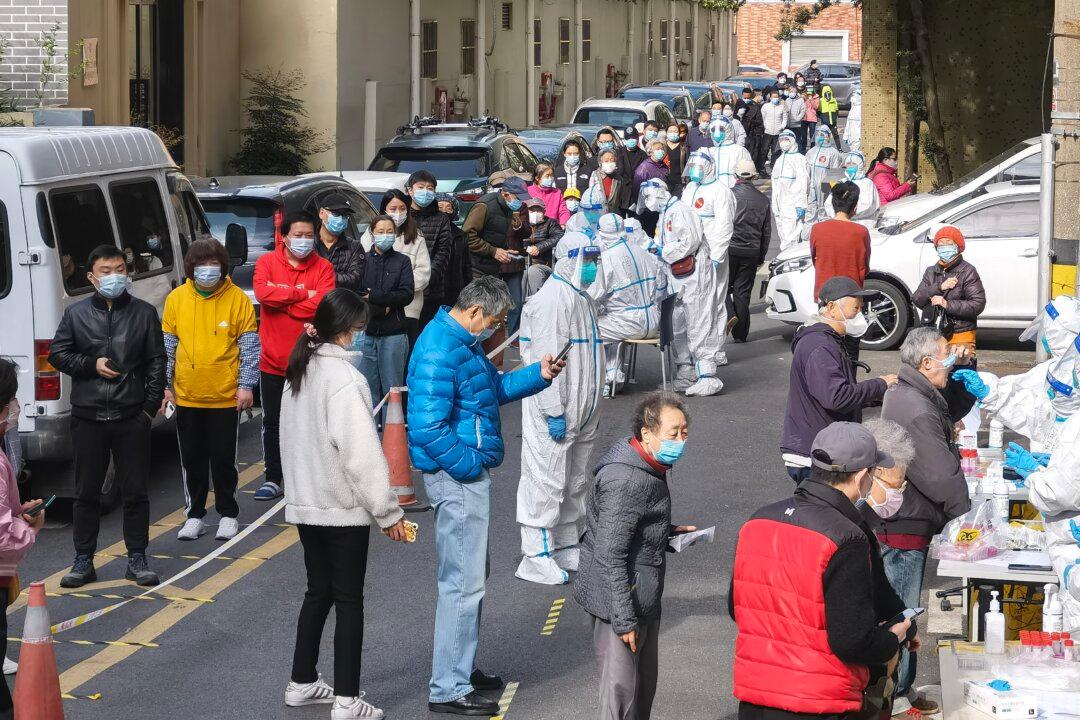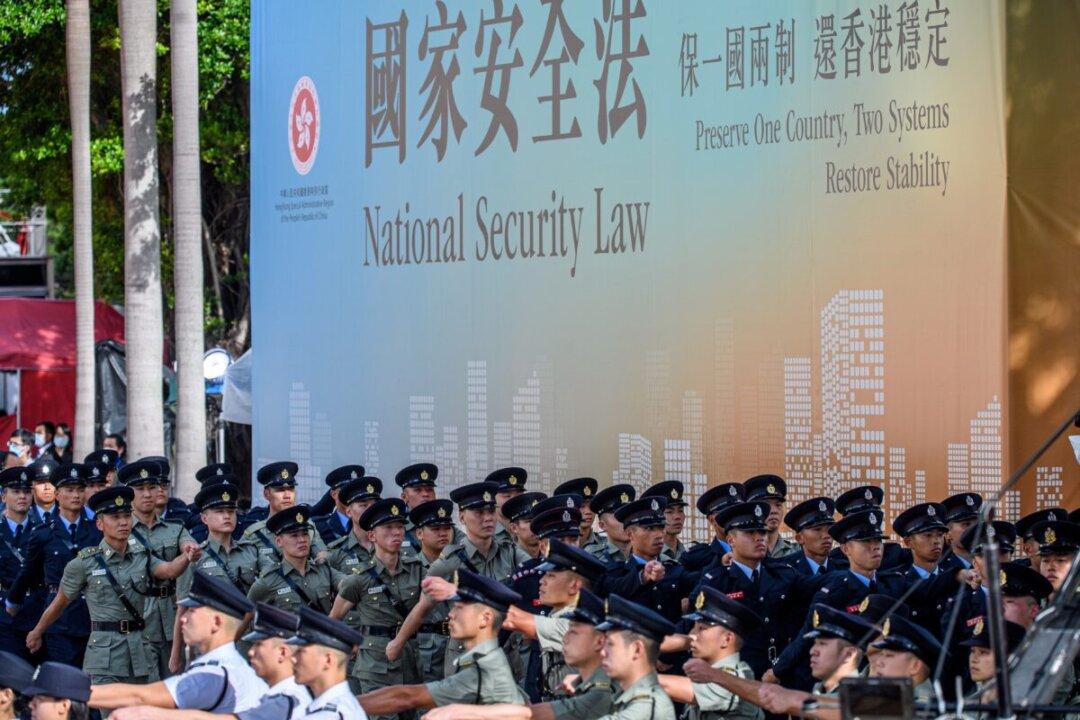Analysis
April 4, 2021, Easter Day, was the same day as the Ching Ming Festival in China, also known as Tomb Sweeping Day, the day when the Chinese honor ancestors and families gather to pay respect to the dead. On this day, the Chinese regime quietly opened the grave of former Chinese Communist Party (CCP) Chairman Mao Zedong’s wife Jiang Qing, but blocked that of former General Secretary Zhao Ziyang, who stepped down because of his opposition to the 1989 Tiananmen Square Massacre. This opening of one and closing of another released an important political signal.
